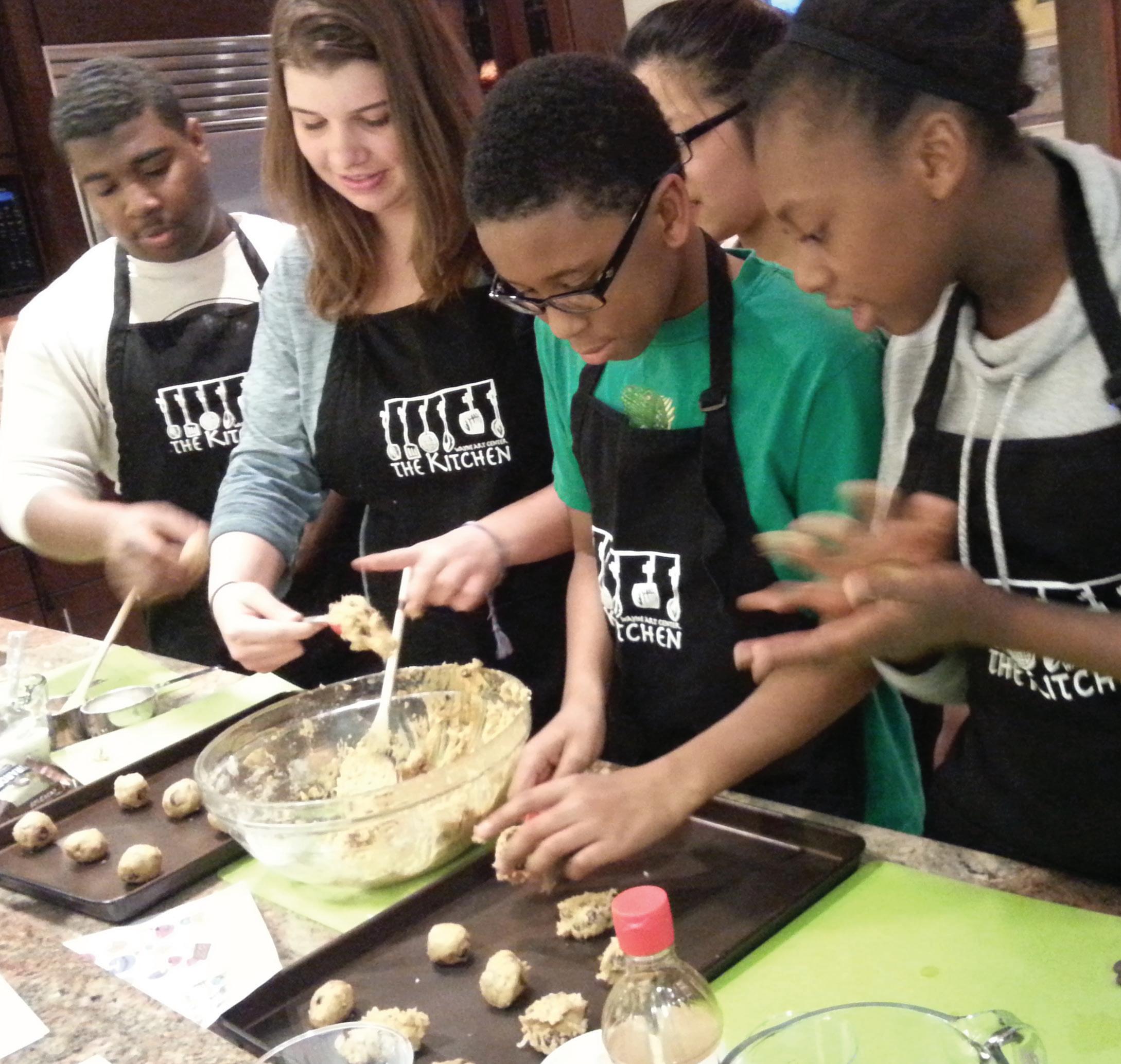Providing Targeted Professional Development Providing an evidence-based program model and sufficient funding to support implementation is vital for organizations focused on youth and youth development. However, to be truly impactful, we needed to go one step further and provide quality professional development and peer support opportunities for site staff working with young people. Through feedback and evaluations, we learned that site staff value professional development and peer-to-peer learning. As a result, PA Humanities worked to improve and increase our offerings. We heard loud and clear that staff requires a variety of support options. In the early days, training requests focused on creating the program, using the humanities with youth, and recruitment. As our focus shifted to prioritizing audiences like youth of color and youth from lowerresourced communities, partners identified their need to build skills around cultural competency, facilitating discussions about race, gender identity, income, and other complex issues. Aside from the pilot programs, PA Humanities always offered an orientation at the beginning of the program year for sites. This full-day, in-person meeting was designed to bring youth-serving professionals together, train them on how to implement the model at their site, give them creative ideas for humanities programming, and cultivate a network of peer learning. To continue to support our sites throughout the program year, PA Humanities implemented regular community of practice calls. Monthly we brought together sites working with TRL and youth to bring topics of interest to the group and discuss. This served to strengthen peer-to-peer learning, helped PA Humanities identify trends, and better focused 1-to-1 support calls with sites.
24












